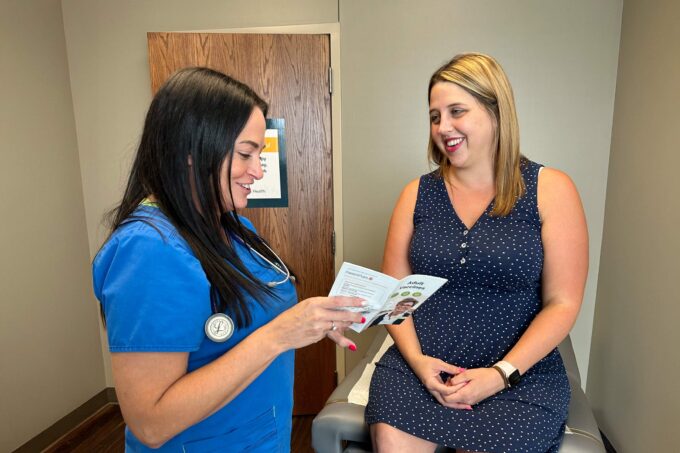- Insurance
- April 7, 2021
The Importance of Medicaid Awareness Month
Medicaid has been beneficial to more than 70 million Americans. Struggling kids, families, and low-income adults with access to Medicaid have been given access to public health insurance.
9 min read

Medicaid has been beneficial to more than 70 million Americans. Struggling kids, families, and low-income adults with access to Medicaid have been given access to public health insurance. It is a long-term program that improves the health of millions of Americans by giving them the medical help that they need. April is Medicaid Awareness Month, and we would like to highlight the effects of Medicaid that have aided millions of people.
What are Medicaid’s Benefits?
Medicaid caters to the population that it serves. It helps pregnant women with prenatal care, newborn delivery costs, and gives children with Autism access to in-home speech, and occupational therapy. It provides help to people of all-ages through Medicaid’s financial support from the federal and state governments. Asking for help isn’t always easy, but it can be necessary for you and your family.
Medicaid was developed to help struggling Americans get the help that they need and in a timely manner. It is used as a lifeline for many, like the 39% of American children that are on it. Medicaid is there to help you live a fuller, happier life.
What Does Medicaid Do For People with Disabilities?
Many Americans with disabilities need to stay in a long-term care facility in order to get the help that they need to survive. Medicaid helps them do that. The cost of healthcare can become overwhelming and it’s why the program was created. Medicaid gives those with a disability the opportunity to live out the life that they deserve.
Medicaid can also provide people with various preventive and medical services such as carel X-rays, nursing home status, and lab work.
Local Effects of Medicaid in Nebraska
Medicaid is expanding in Nebraska to help more people have access to healthcare.
What does this mean? If you applied for Medicaid previously and you did not qualify, you may qualify now. Medicaid has expanded the income requirements and those benefiting from this change will be Nebraskans whose income is at or below 138% of the poverty level, or approximately $16,000 a year for one person. Following are answers to questions you may have about your eligibility.
- The new Medicaid category is called Heritage Health Adult and it expands Medicaid benefits to low-income, able-bodied adults of working age who are 19 – 64 years old. You must meet income requirements to apply.
- Most newly eligible Nebraskans will start with the Basic Benefits Package which includes doctor services, emergencies, hospitalization, maternity and newborn, wellness visits, and more.
- Newly eligible Nebraskans who are 19 – 20 years old, pregnant, or medically frail will receive the Prime Benefits Package, which is the Basic Benefits Package, plus dental services, vision services, and over-the-counter medications.
For more details about eligibility, ask to speak with one of our Community Health Navigators here at Bluestem Health in Lincoln, Nebraska.
If you are curious about applying for Medicaid, please talk to our team about the overarching benefits that Medicaid has to offer you and your family. We are here to help, and so is Medicaid.
Continue reading

- Health & Wellness
- March 19, 2025
Food Connects Us and Shapes Every Stage of Life
Healthy eating is vital at every stage of life. By making mindful food choices and fostering a culture of healthy eating, you can improve your overall well-being and build a foundation for a healthier future.

- Family Medicine
- March 19, 2025
Comprehensive Family Healthcare: Why Bluestem Health is the Right Choice
At Bluestem Health, we make it easy for you to find the right healthcare provider. We’re here to provide comprehensive family healthcare that fits your needs.

- Family Medicine
- February 18, 2025
Managing Influenza and Other Winter Illnesses
Michael Israel, MD, at Bluestem Health, shares the importance and benefits of timely treatment of winter illnesses for families.
